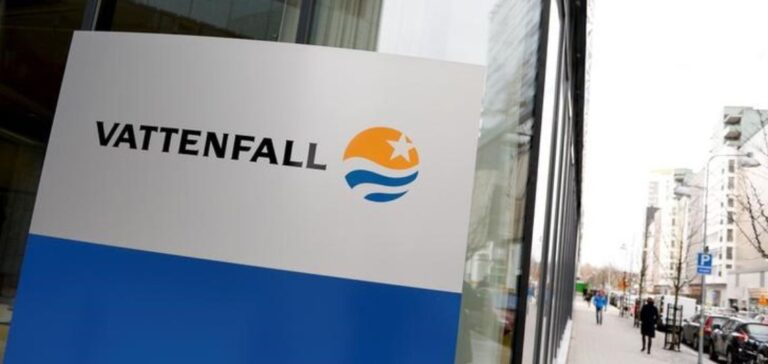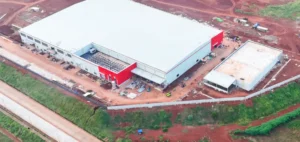Vattenfall has acquired the German solar developer Solizer.
Solar expansion in Germany: Vattenfall adds 4 GW to its project portfolio
The transaction includes an experienced team and a pipeline of large-scale solar projects in Germany with a volume of 4 GW. This acquisition brings Vattenfall’s German solar development portfolio to a total of 7 GW.
The first projects in the new portfolio could be ready for construction as early as 2024. Vattenfall wants to enable a fossil-free life within a generation. The expansion of solar power generation supports this objective.
Helene Biström, Senior Vice President and Head of Business Area Wind, emphasizes the importance of this acquisition: “Germany is a central market for Vattenfall’s solar development. Solar power is competitive and can be built without subsidies, which is important to meet the growing customer demand for low-cost solar power. By adding Solizer’s development projects and know-how to our portfolio, we are continuing our growth in renewable energies.”
Vattenfall: Renewable energy pioneer in Germany and the Netherlands
Vattenfall’s solar project already plays a key role in the energy system, from small-scale domestic installations to large-scale projects. In recent years, the cost of solar panels has fallen considerably, and they are now among the cheapest forms of electricity generation.
Due to lower costs and low CO2 emissions, solar panel volumes will continue to grow in Vattenfall’s core markets. In this way, large-scale solar farms will play a central role in the transformation of Europe’s energy system. Vattenfall is particularly expanding its portfolio in Germany and the Netherlands, where large-scale solar farms can be operated without subsidies.
Vattenfall plans to develop and build the 76 MW Tützpatz solar park in Mecklenburg-Western Pomerania. The aim of the project at Tützpatz is to combine module types on different mounting systems. With appropriate agricultural uses on an area of 95 hectares. Another example is hybrid renewable fleets. Like the Haringvliet renewable hybrid park in the Netherlands, where six wind turbines, photovoltaic capacity and a battery have been jointly developed. And are connected to the grid via the same connection. This renewable hybrid park was commissioned in 2022.






















